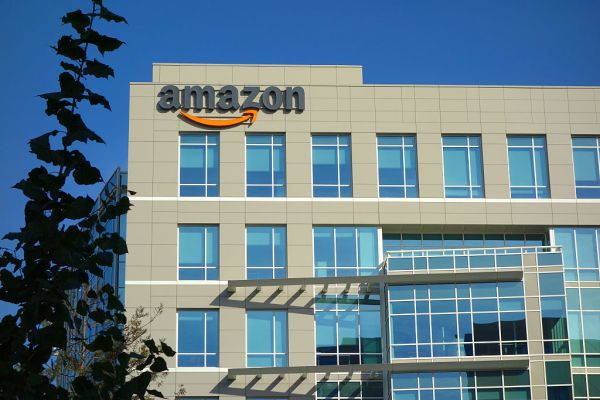At our recent TechCrunch Mobility event, we spoke with Amy Gu, the founder and managing partner of Hemi Ventures, Olaf Sakkers, a founding partner at Maniv Mobility and Reilly Brennan, the founding general partner at Trucks VC. We discussed a wide range of things, from frayed U.S.-China relations, to the mobility industry’s eager embrace of SPACs as a way to get capital-intensive companies into the public market.
We also talked partnerships. Specifically, we wanted to know how one determines whether a corporate leviathan that asks for information from a young startup — and maybe even invests in it — is really a friend or foe.
Our sense from the VCs is that mobility startups no longer have a choice but to partner with bigger and deeper-pocketed companies.
For example, Brennan wrote one of the first checks to autonomous shuttle company May Mobility and became its first board member. He suggested that the company, which has faced numerous engineering and operational challenges, had ambitions of going it alone when it was founded in 2017. At the time, other companies were operating in the world with apparent plans to remain independent, including self-driving software startups Cruise Automation and NuTonomy.
Today, Cruise is now a subsidiary of GM, and NuTonomy sold to automotive supplier Delphi four years after it launched. “If you were to [launch] a structured robo-taxi service today, it’s really hard to do without a big manufacturing partner,” said Brennan. Indeed, he went on to note that last December, Toyota Motor Corp. led a $50 million Series B round in May Mobility, advising attendees to “stay tuned” for the fruits of that partnership.
Gu agrees the “partner structure” is the path forward for startups and during the event cited numerous reasons why, including the fact that many of the larger companies in the automotive space have continued work nearly apace during the pandemic. She pointed to one of Hemi’s portfolio companies, Ample, a startup working on a battery-swapping technology that recently announced a partnership with Uber (which has committed to becoming a zero-emission platform by 2040).
“Another of our portfolio companies signed a partnership with Tesla during COVID,” said Gu, adding that the trend is a “good thing for the startups.”
As for concerns about these big partnerships, including with Amazon — which has been actively investing in mobility companies, yet has a reputation for brass-knuckle tactics — Sakkers said it’s a concern. He also said startups should be “realistic” about the possibility that today’s partner could be tomorrow’s rival.
“If you’re an entrepreneur and you’re talking to an Amazon or another big huge successful company, there’s a big opportunity there for you because these companies have a lot of assets to buy your company or form a long-term partnership.”
Still, he said, “They are also a competitive threat, and you’ve got to be realistic about that and not hope for too much and let your expectations lead the way.”
Either way, Brennan — who has two portfolio companies that count Amazon as a partner — seemed to suggest that companies ignore Amazon at their own peril. Amazon can “negotiate hard if you’re working to do a commercial deal with them,” he acknowledged, but the company is “also a bellwether for our cultural way of life. In the U.S., we all now think that everything should be delivered in two days. Our best guess [at Trucks VC] is that that’s going to move to one-day, then same-day within the next five years.”
Partner with Amazon or don’t, in other words, but understand that “Amazon’s decision-making strategy sets a lot of the tone” for much of the mobility industry, Brennan said.
Calling the company “vital,” he pointed to its rivals to underscore his point. “Walmart and other companies that are downstream from [Amazon] usually make decisions about 24 to 36 months later that look pretty similar.”
